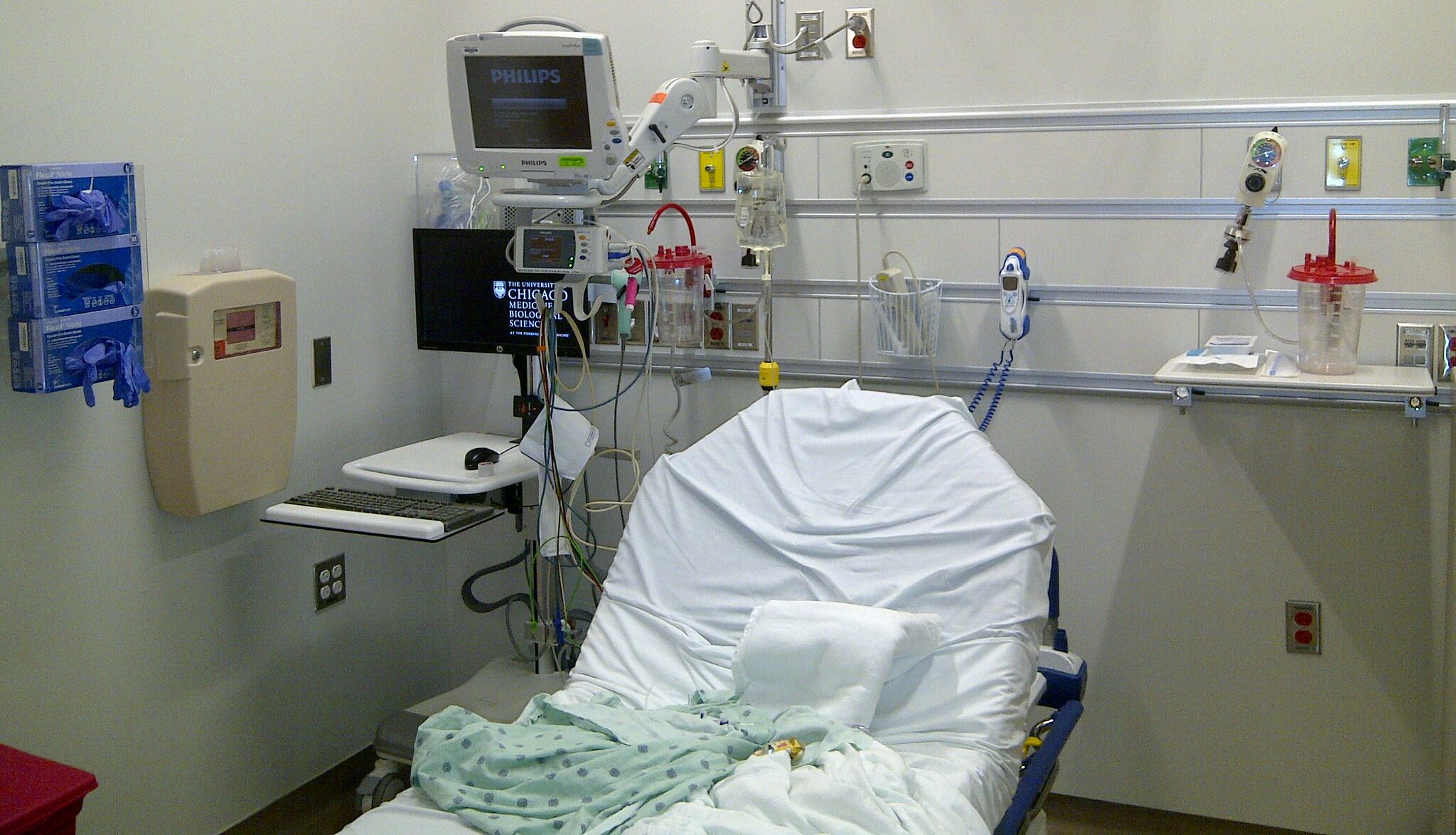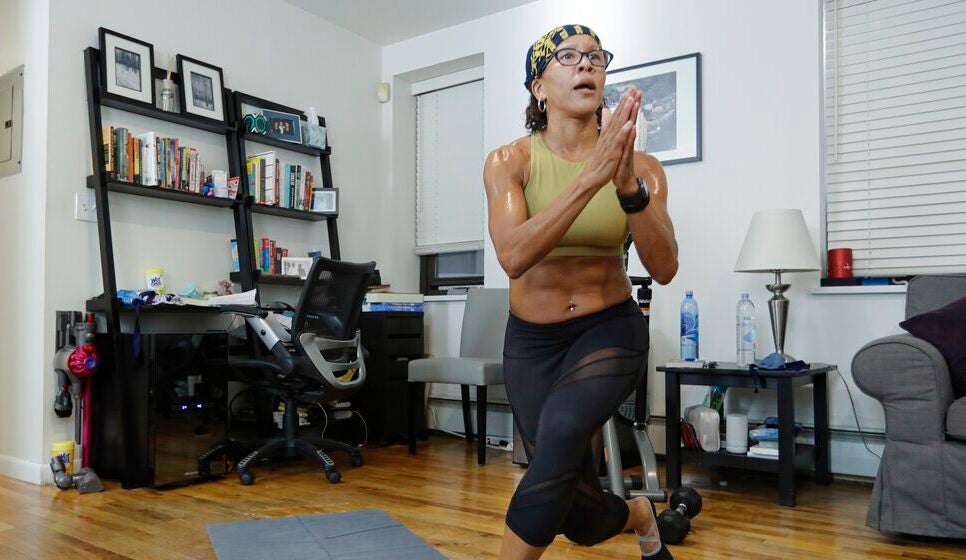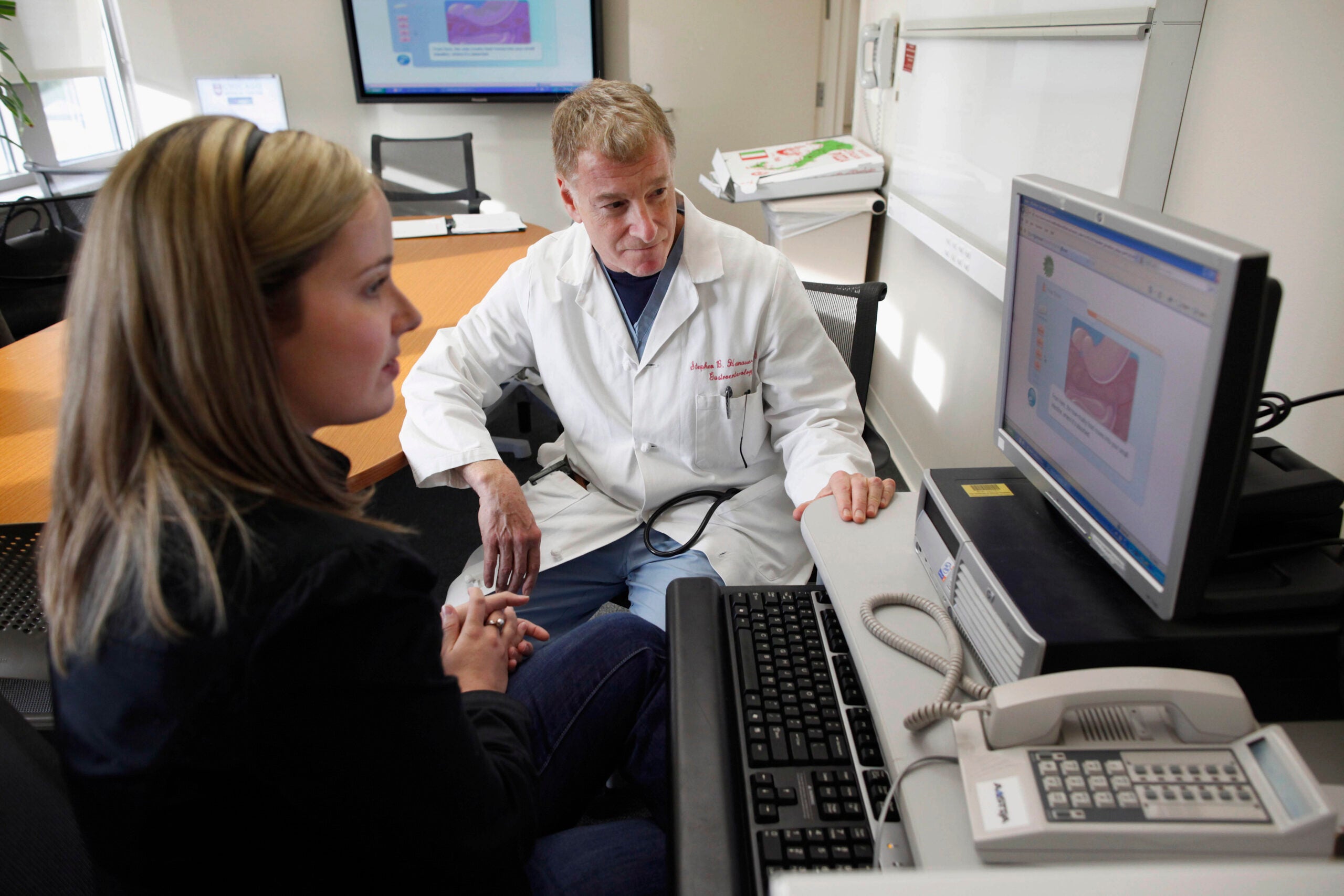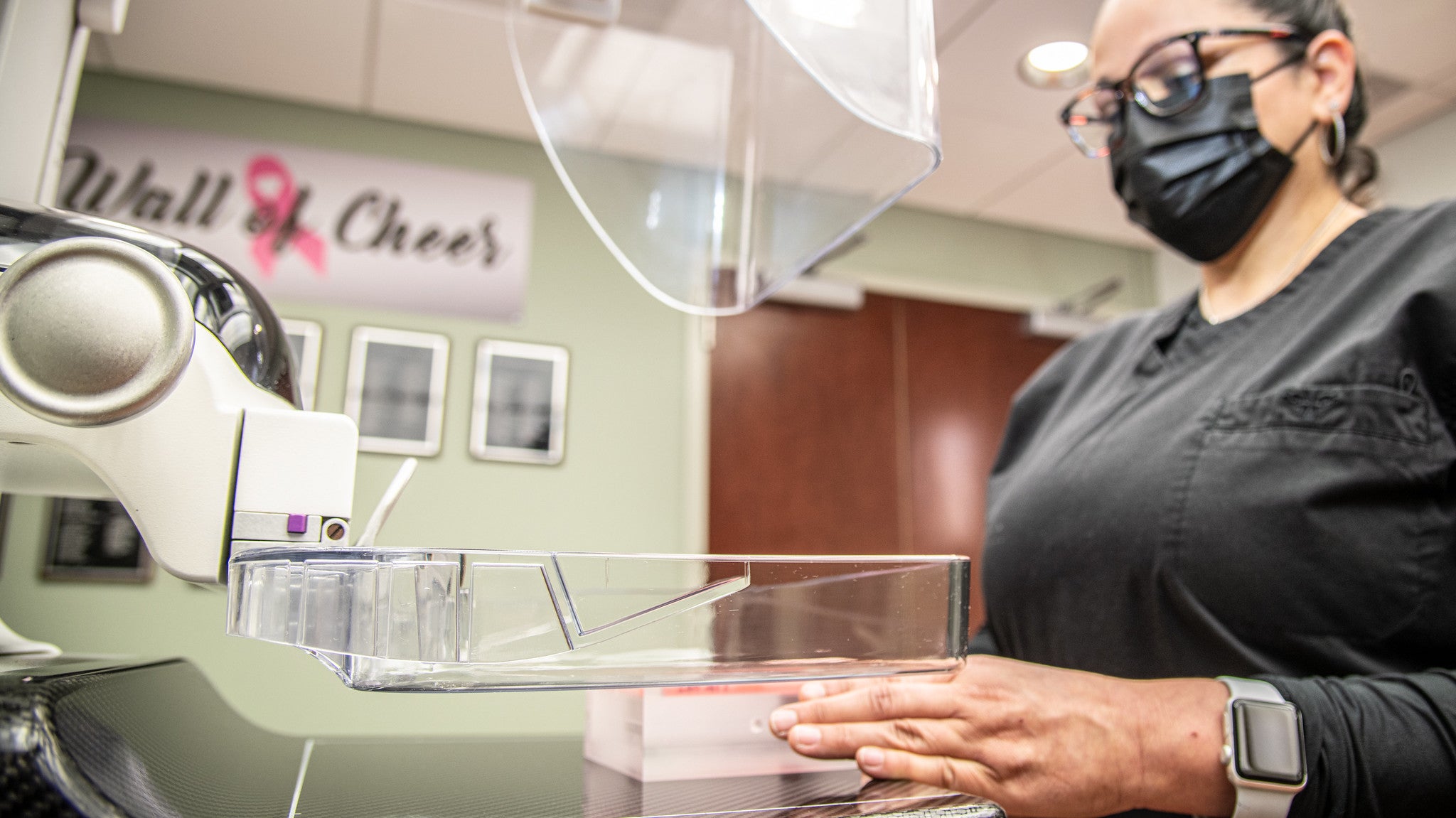Colorectal cancer is the second most common cause of cancer deaths in the United States. Regular colonoscopies are one way to reduce the risk of developing colon cancer, said Dr. Nadim Salfiti, a gastroenterologist with the Mayo Clinic Health System.
“If we’re able to complete a good, quality colonoscopy, we are able to find polyps and remove them,” Salfiti said. “Then, by doing so, we are reducing the risk of colon cancer.”
Salfiti recently joined WPR’s “The Larry Meiller Show” to explain more about the importance of colonoscopies and colon cancer prevention.
News with a little more humanity
WPR’s “Wisconsin Today” newsletter keeps you connected to the state you love without feeling overwhelmed. No paywall. No agenda. No corporate filter.
The following interview has been edited for brevity and clarity.
Larry Meiller: When should we get our first colonoscopy? And how often should you get them?
Dr. Nadim Salfiti: The first thing to consider is whether or not there is a family history of colon cancer, or whether you would be considered at an average risk for colon cancer.
If you’re somebody who does not have a family history of colon cancer or what we call an advanced adenoma, which is a larger, more dangerous type of polyp, then the current guidelines recommend beginning at the age of 45. If you undergo a colonoscopy at the age of 45 and there are no concerns, then it’s every 10 years.
Caller from Waunakee: I’m a 78-year-old male with no family history of colon cancer. At my age, I’m wondering when I don’t have to worry about taking the test anymore.
NS: That is definitely a question I get asked all the time. Basically, up to age 75 everybody should get screened. Between 75 and 85, it’s a good idea to discuss screening with your doctor to see if it makes sense to keep going or not. And then after 85, you don’t need any more routine screening.
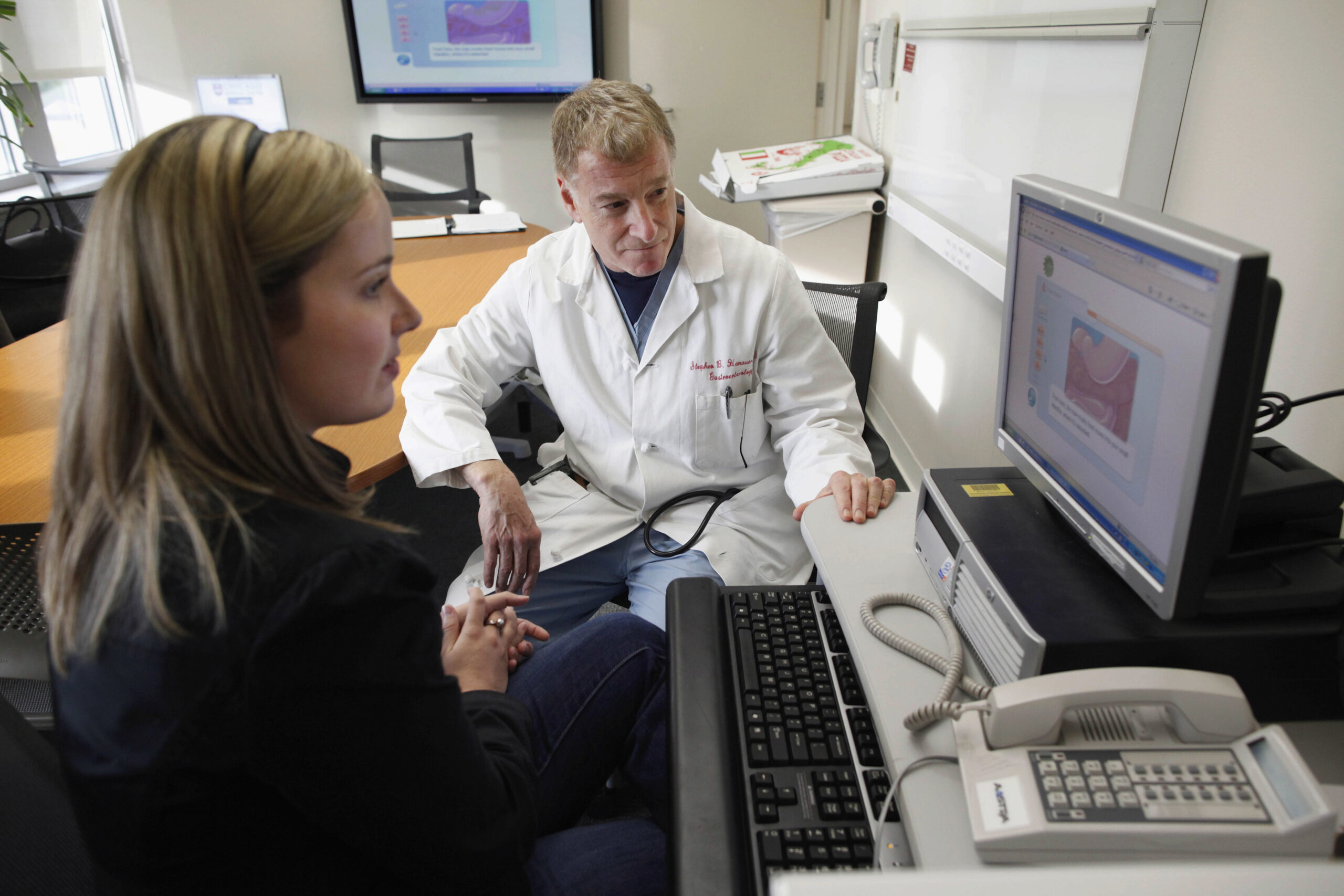
LM: What are the known causes of colon cancer?
NS: Age is still considered the biggest risk factor. The other biggest risk factor is family history and a genetic predisposition.
In terms of the actual cause of colon cancer, we believe that certain changes happen in the DNA of the cells that line the colon. Those are referred to as mutations, and they take place over time. If you have enough of these mutations, eventually you have abnormal growth, which is typically a polyp. Over time, that polyp can become a cancer.
Some of the risk factors include smoking and alcohol use. Both have been associated with an increased risk of colon and rectal cancers. Obesity is another one.
Also, we do think that there are some dietary behaviors that help or hurt your chances of getting colon cancer. We think that consuming large amounts of red and processed meats increases your risk. A good, preventative diet is one that is high in fruits and vegetables, whole grains and lean proteins, such as white meats and fish.
LM: Who’s a good candidate for at-home screening?
NS: At-home screening is for people who are considered average risk for colon cancer. So again, that’s people who don’t have a family history of colon cancer, people who don’t have any symptoms that should be investigated further or who don’t have specific diseases that put them at higher risk of colon cancer.
There are two points I’d like to make. One is it’s always a good idea to talk to a doctor about the best screening modality for you. And No. 2 is that the best screening modality is the one that’s actually completed. Whether that’s a colonoscopy, Cologuard, or a CT colonography, the best screening is the one that’s actually completed.

